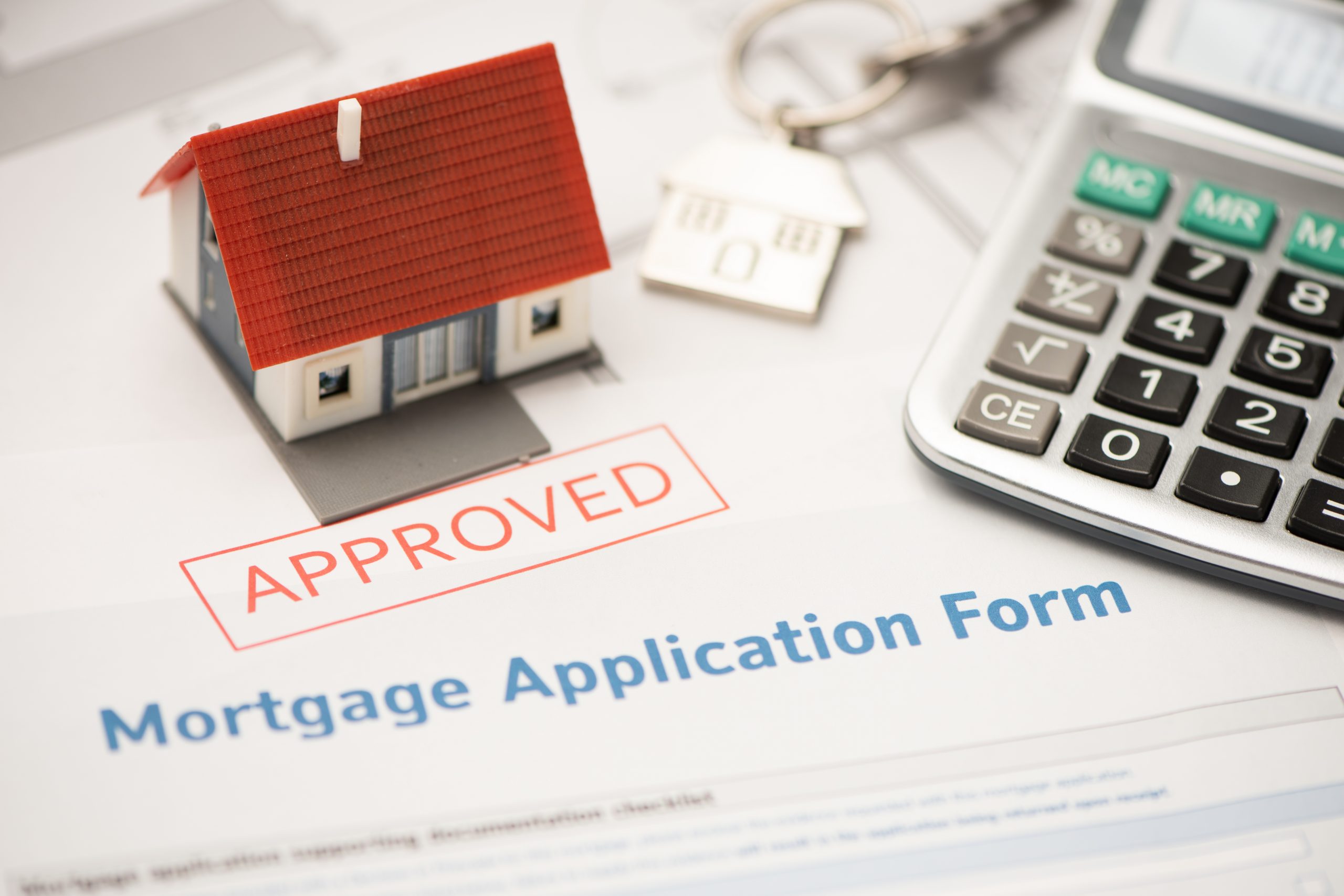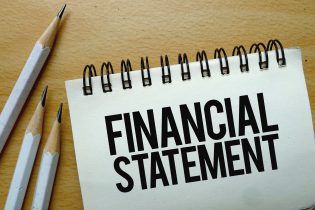The New Development NYC Purchase Process from A to Z

While purchasing a new development NYC property is a complicated and sometimes frustrating endeavor, knowing what to expect in advance and finding the right help can make a huge difference in your home-buying experience. The following five steps will provide you with a solid understanding of the buying process from start to finish!
Table of Contents
Step One: How to Search for New Development NYC Properties

Finding and hiring the right buyer’s agent is a crucial first step when purchasing your new development NYC property. Your agent will help you refine your search criteria, including the location, building amenities, and types of buildings you prefer, for starters. At this point in the process, an agent’s neighborhood expertise will come especially in handy when determining where to locate your search to best suit your needs.
Agent Commissions
Typically, the commission percentage to be paid is established between the seller and the seller’s agent. When a buyer is represented by their own agent, the seller’s agent and the buyer’s agent split that commission. So the seller pays the commission received by the buyer’s agent, not the buyer.
After working with your agent to determine all of your criteria, they’ll get to work finding properties and compiling a list of the most attractive prospects to review with you. Once you’ve identified the ones you wish to see, your agent will coordinate with the sellers’ agents to schedule appointments to see the apartments with you. The amount of property you’ll see before putting in an offer will obviously vary, but 5-10 is a comfortable average, depending on how unique your needs are or how much inventory is available at that particular time.
Hiring a Real Estate Attorney
It’s wise at this point to be proactive and hire an experienced real estate attorney with an established reputation. Though it may seem premature, it’s better to be poised to act as quickly as possible as soon as you find “the one.” That means having your legal ducks in a row prior to making an offer.
Pre-approval
Similarly, now is the time to acquire pre-approval from your bank or any other lending institution you choose. Getting your pre-approval letter is relatively quick and easy. Most times it can even be done over the phone. Your agent will likely have a list of preferred lenders they’ve worked with in the past to make things even easier.
The lender will request several pieces of employment and financial information from you. This will include income tax documents and proof of income. They will also run a credit check prior to determining the loan pre-approval amount. Once issued, the pre-approval will be good for 60 to 90 days.
Step Two: How To Make an Offer

Once you’ve toured enough new development NYC properties to find the right one, it’s time to make an offer. At this point, your agent will assess the recent past sales in the building that you’re interested in buying into (if possible at this point in the building’s sales process). They will also explore other similar listings nearby. Identifying the most comparable units to the one you’ve chosen will help them determine the best offering amount.
Financing Contingency
Your agent may advise you to add a financing contingency. This protects your deposit in the event that you find yourself unable to get a mortgage after contract signing. You can discuss whether adding this clause makes the most sense for your particular situation.
Concessions
Depending on the current market and a variety of other factors, your agent may advise you to negotiate for a concession. This can include having the sponsor assume transfer taxes or attorney fees as a way to offset your purchasing costs.
Writing and Submitting the Offer
Once these final details have been worked out, it’s time for your agent to submit the written offer to the seller’s agent. Your pre-approval letter and proof of funds for the contract deposit will also be included.
If the seller accepts your bid, congratulations! However, further negotiations frequently occur. Sometimes after the offer is submitted, the seller will propose a counter for you and your agent to consider.
Step Three: How to Go Into Contract

Once a number is reached that is satisfactory for both parties, the contract process can begin. The real estate attorneys for both sides of the deal will work together during the due diligence process, which typically takes about five to 10 days. During this process, your attorney will extensively analyze the building’s financials, the sponsor’s offering plan, board minutes, etc., to ensure the soundness of your investment and future home.
Offering Plan
The offering plan will provide several key pieces of information, including:
- The price
- The purchase procedure
- The building’s bylaws
- The building’s organizational structure
- The building’s financials
- The floorplans
The price and the estimated carrying costs for the unit will be found in the Schedule A portion of the OP. Many of the ongoing month-to-month carrying costs will be found under the Schedule B section.
Likewise, the offering plan will explain the distribution of the tax burden. It will also outline who pays what transfer fees, costs, taxes, etc., during the purchase process. And this is just the tip of the iceberg concerning the information to be found and parsed in the OP! Finding a trusted real estate attorney is definitely a key part of the new development purchase process.
You can search for your building’s OP on the Real Estate Finance Bureau’s database.
Submitting the Down Payment and Signing the Dotted Line
After due diligence is completed, contracts will be prepared to sign. At the time of contract signing, the amount specified will be put into an escrow account. This amount is most often 10% of the sale price. Any remaining down payment will be submitted by you upon closing.
Step Four: How to Get A Mortgage

The level of completion and the number of units sold in a new development project can affect your ability to easily find financing. If there is still ongoing construction or even if all the units are complete but a good portion remain unsold, the developer will often times have one or several lenders who are willing to lend in the building.
If the building is far enough along in the sale process, you’ll likely have more options. Some lenders require 50% or more of units in the building to be in contract prior to issuing a mortgage. If this 50% level is reached, you can likely opt to use your regular banking institution (if you have one). However, you should always look around to compare to find the best rate offered.
Temporary Certificate of Occupancy
A Temporary Certificate of Occupancy (TCO) is issued by the city’s Department of Buildings (DOB). A TCO can take up to six months to be issued after work in the building is completed. It’s important to note that a TCO must be issued before banks will provide financing to buy a new development property.
Mortgage Commitment Letter
To get your mortgage commitment letter, both you and the building will have to be approved and an appraisal of the individual unit will be scheduled by the lender. Once the commitment letter is obtained, you have the written proof needed to show that you’ll be able to borrow the purchase amount by the date specified in the contract.
Step Five: Closing
From contract to close, new development NYC purchase timelines vary widely depending on the stage of project completion. It can take 30 days to up to two years if the building is still under construction, hasn’t reached efficiency, etc.
However, in addition to living in brand new digs after closing, the closing process for new development also has perks of its own. For many buyers, the greatest perk of all is skipping the lengthy, complicated, and often tedious board approval process associated with purchasing a cooperative apartments.
Closing Costs
Keep in mind that there are multiple closing costs to be aware of when purchasing new development. In addition to the down payment and attorney fees: there is a property transfer tax, mortgage recording tax, and, if the property is over $1M, there is also a mansion tax starting at 1% of the purchase price to be paid with increasing percentages for higher price points.
After the appraisal and once you’ve been cleared to close by your lender, the attorneys can schedule a closing date. This date will be one that works for all parties to attend, whether in person or virtually. If you are unable to attend in either capacity, you’ll need to give power of attorney to your real estate lawyer to act on your behalf at the closing table.
Final Walkthrough
Just prior to the closing date, your agent will schedule a final walkthrough for you both. During this time, you’ll make sure the property is still in the same condition as when you made the offer. Likewise, you’ll check that any repairs stipulated in the contract were handled accordingly.
At the closing, you (or your attorney if you’re not able to be present) will receive the keys. You’ll also receive the deed conveying the property and all other paperwork concerning the sale will be finalized, signed, and exchanged. Once the ink is dry, you’ll be the proud owner of your new development property. It’s time to pop the champagne and schedule the moving trucks!
For help purchasing your new development property, contact a real estate expert at NewDevRev!
- Categories:





